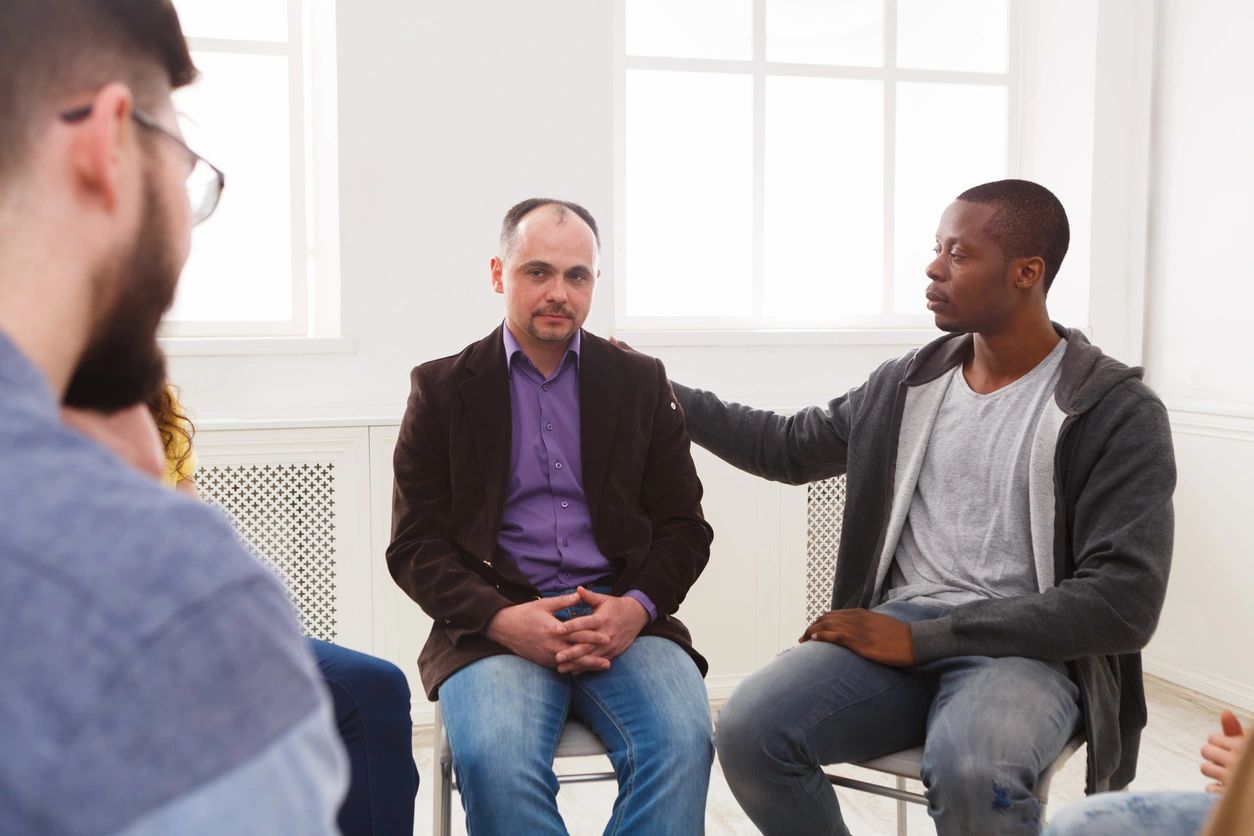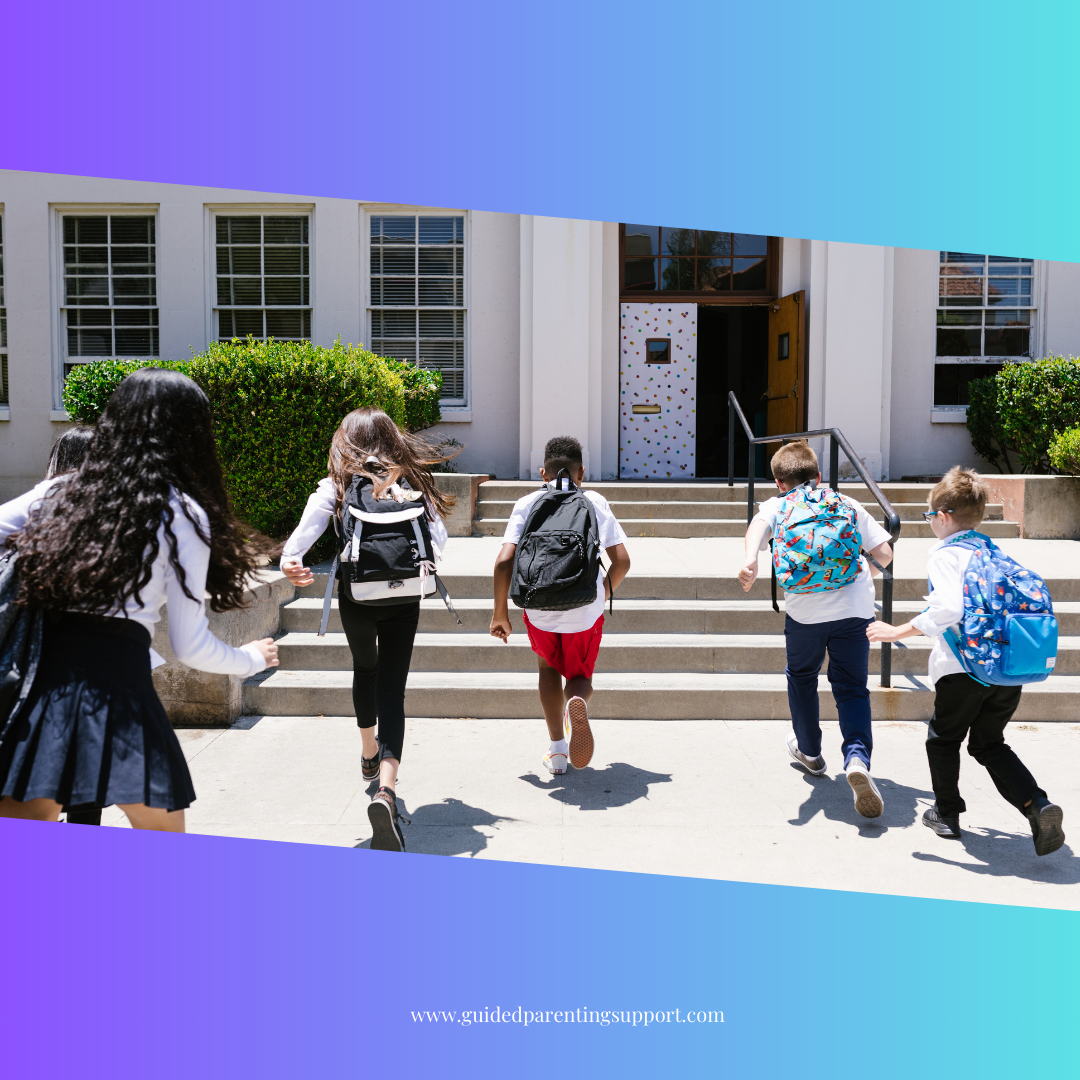By Lindsay De Stefano, CHES, MHA
Addiction as a Public Health Crisis:
In the U.S., more than 27 million people struggle with substance misuse and one-quarter of adults and adolescents reported binge-drinking in the past month, as stated by the Office of the Surgeon General. Forty to 60% of people who seek help – relapse within a year. So, what is even more staggering? The amount of people who do not seek treatment. “In 2017, an estimated 20.7 million people age 12 and older needed treatment for a substance use disorder. Only 4 million people received treatment, or about 19% of those who needed it.”
Many questions remain to be explored. We have an unique opportunity to better address this ever-present gap. The gap is the need for a new vision of long-term active recovery. But where do we even begin regarding this public health crisis? There is light at the end of the tunnel – with innovative and engaging virtual recovery programs.
As recovery is becoming less stigmatized and being treated as the chronic disease it is, a new whole-person approach is coming to the forefront to provide the continuum of care needed.
What Happens After Treatment?
There have been strides made to successfully motivate individuals (who have recently had an overdose) to seek treatment. But what happens on Day 29 after treatment? For most individuals, a discharge plan is given on their last day. Typically, there are two options. The first, staying in a sober-living facility for a length of time. Or the second, actively attending 12-step programs. This may work for some, but not most. When life begins again and they return to the same environment from which they came, the stressors remain ever present. The vicious cycle repeats.
Breaking the Cycle:
Recovery mentors are the missing piece to the puzzle. They work in-tandem with treatment discharge plans, while also providing the necessary whole person – wrap around approach. Through one-to-one virtual health coaching, recovery mentors provide a stigma-free environment for the participants to explore what health and wellness means to them. Worth mentioning, virtual health solutions are paramount during COVID-19 and ensure these gaps are not further widened amidst the crises.
Recovery mentors walk together with their participants, to achieve overall health and wellness as well as provide accountability when needed. To enhance support for those in recovery, there is a strong emphasis on developing a healthy lifestyle, healthy coping skills, improving self-image and self-efficacy. Additionally, there is great focus on developing constructive behavior changes to enable individuals to handle triggering situations and urges in a positive sustainable manner – for life-lasting results!
Participants are empowered to take charge of their own health and recovery through motivational interviewing and goal-setting. This enables participants to not only measure their own change yet encourages the further building upon skills – to ensure a greater likelihood of self-mastery (the key ingredient to stop the cycle, at last!)
Lindsay De Stefano, CHES, MHA, Program Coordinator for the ActiveCare™ Recovery Program at MedPro Wellness, LLC Email: Recovery@MedProWellness.com
References
Office of the Surgeon General. (2020). Addiction and substance misuse reports and publication. Retrieved from https://www.hhs.gov/surgeongeneral/priorities/opioids-and-addiction/index.html
Bezrutczyk, D. 2019. The cost of addiction. Rehabspot. Retrieved from https://www.rehabspot.com/treatment/paying-for-rehab/cost-of-addiction/
Thomas, S. 2020. Alcohol and drug abuse statistics. American addiction centers. Retrieved from https://americanaddictioncenters.org/rehab-guide/addiction-statistics



